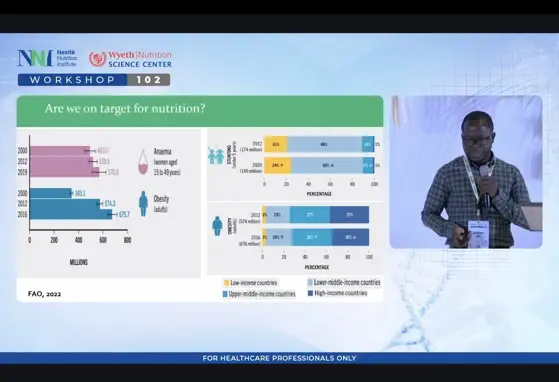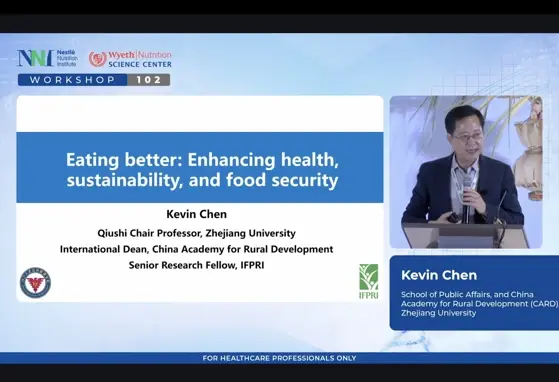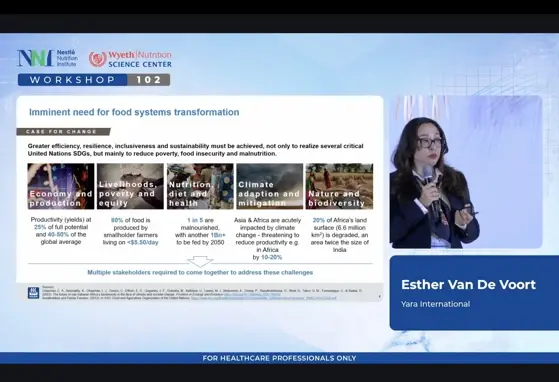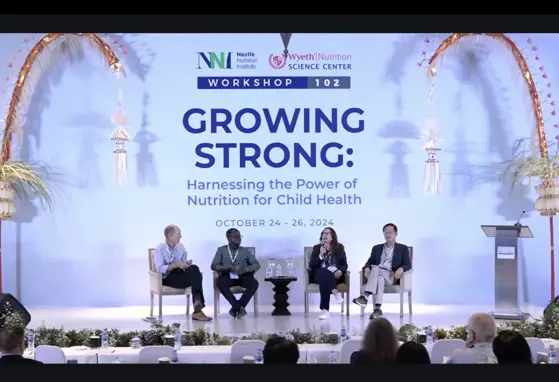Healthy Diets from Sustainable Food Systems
The EAT-Lancet Commission, co-chaired by Professor Walter Willett from the Harvard T.H. Chan School of Public Health, and Professor Johan Rockström from the Potsdam Institute for Climate Impact Research and the Stockholm Resilience Center, addresses the need to feed a growing global population a healthy diet while also defining sustainable food systems that will minimise damage to our planet. This is the first of a series of initiatives on nutrition led by The Lancet in 2019.
There is substantial scientific evidence that links diets with human health and environmental sustainability. The choice of food is the single strongest lever to optimise human health and environmental sustainability on earth. However, food and food systems encompassing the entire supply chain from production to processing and retail, are currently threatening both people and the planet. The absence of globally agreed scientific targets for healthy diets and sustainable food production has until now hindered large-scale and coordinated efforts to transform the global food system.
To address this critical need, the EAT-Lancet Commission has set out the goal to achieve planetary health diets for nearly 10 billion people by 2050. The road map to achieve this goal includes scientific targets for healthy diets and sustainable food production as well as 5 strategies for a great food transformation.
The Commission quantitatively describes a universal healthy reference diet based on an increase in consumption of healthy food (such as vegetables, fruits, wholegrains, legumes and nuts) and a decrease in consumption of unhealthy food (such as red meat, sugar and refined grains) that would provide major health benefits, and also increases the likelihood of attaining the sustainable development goals (SDGs). Furthermore, scientific boundaries were defined for controllable parameters of 6 earth systems that will ensure sustainable food production. Those parameters include greenhouse gas emission, cropland use, water use, nitrogen application, phosphorus application and extinction rate as a proxy for biodiversity loss. These scientific boundaries, which define a safe operating space for food systems, will allow for the evaluation of diets and food production practices by which the SDGs can be attained.
Food will be a defining issue of the 21st century. Therefore, the Commission calls for widespread multi-sector, multilevel action including a substantial global shift towards healthy dietary patterns, large reductions in food loss and waste, and major improvements in food production practices.
Reference: Willett W, Rockström J, Loken B, et al. Food in the Anthropocene: the EAT–Lancet Commission on healthy diets from sustainable food systems. Lancet. 2019 Feb 2;393(10170):447-492.
Link: https://eatforum.org/eat-lancet-commission/eat-lancet-commission-summary-report/
If you liked this post you may also like

Food, planet and health: A complex equation to solve

Eating better: Enhancing health, sustainability, and food security

Digital Agriculture: New frontiers for the food system

Round Table: Healthy growth within a healthy planet